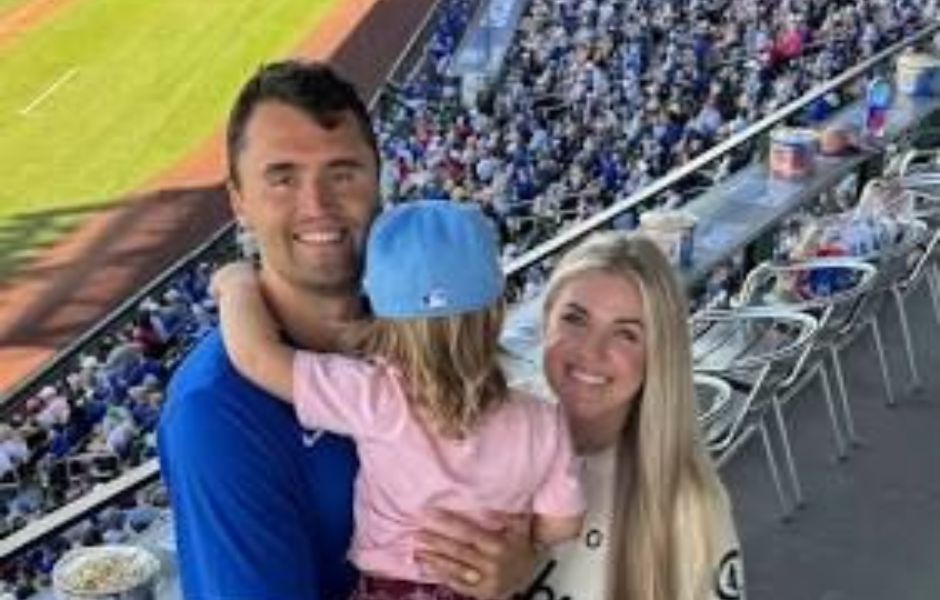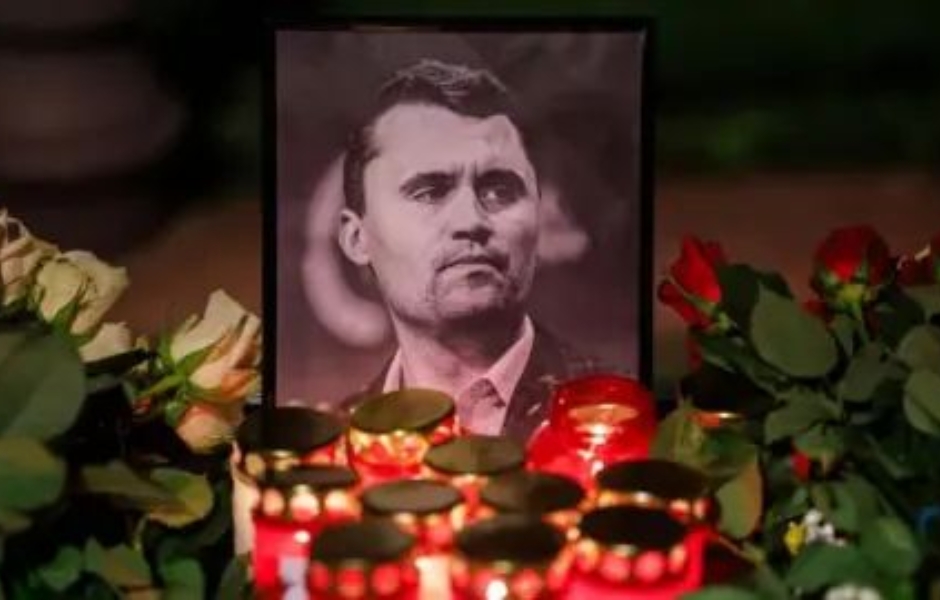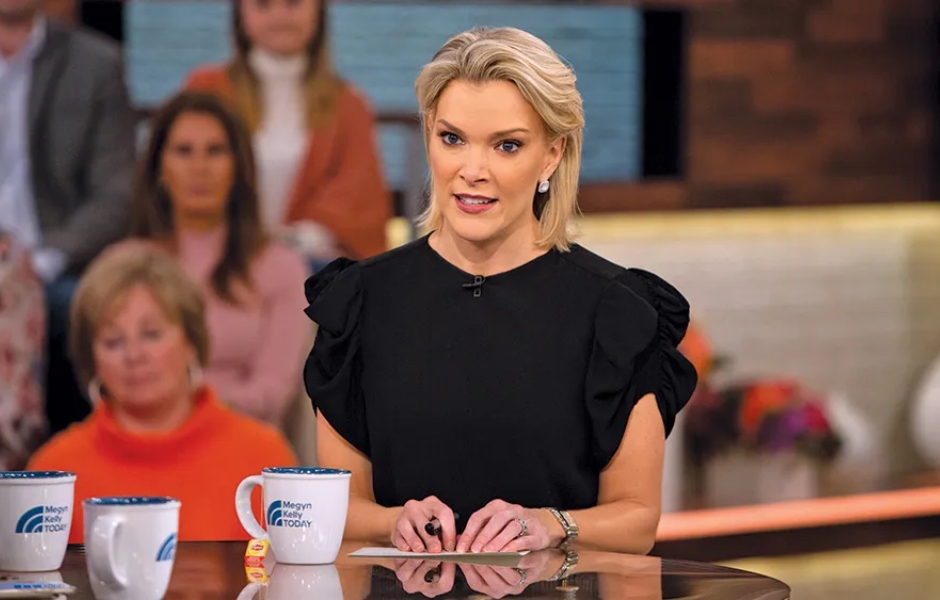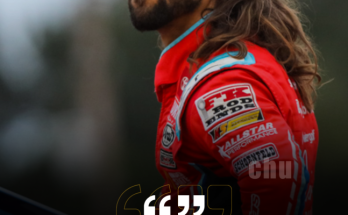
WHEN THE GAME STOPPED AND A MOVEMENT BEGAN: As Millions Turn Away from the Super Bowl, Erika Kirk’s “All-American Halftime Show” Ignites a Fire Across the Nation — A Tribute to Faith, Family, and the Spirit of Charlie Kirk That Turned Stadium Cheers Into Tears, and Left America Asking: Has Football Finally Met Its Match…
The roar of the crowd faded. Screens dimmed. And for the first time in decades, America wasn’t watching the game — it was watching a moment.
What began as a bold cultural experiment ended as a movement that swept the nation. Led by Erika Kirk, widow of the late Charlie Kirk, the All-American Halftime Show didn’t just rival the Super Bowl LX halftime spectacle — it redefined what halftime could mean.
For weeks, the country had buzzed about Turning Point USA’s daring plan: a faith-driven, family-centered, and freedom-filled alternative to the world’s biggest entertainment stage. Critics doubted it. Supporters prayed for it. But when the night came, even the skeptics could feel it — something bigger than music was unfolding.
As the lights rose over Dallas, Texas, the show opened not with fireworks, but with silence. A single trumpet played “The Star-Spangled Banner” as an American flag was unfurled by veterans from every branch of service. Families in the crowd stood together, hand over heart, some weeping, some praying.
Then, softly, Erika Kirk stepped onto the stage. She carried a folded flag in one hand, and a framed photo of Charlie in the other.

“This isn’t about winning,” she said, her voice trembling but steady. “It’s about remembering who we are.”
In that instant, the tone was set — this wasn’t entertainment; it was restoration.
Behind her, a massive screen illuminated scenes of everyday Americans — farmers, teachers, police officers, soldiers returning home. A gospel choir rose behind her, joined by country legends and worship artists in a soul-stirring rendition of “God Bless America.” The sound filled the air like a prayer carried on wind.
Online, millions tuned in. Hashtags like #AllAmericanHalftime, #FaithFamilyFreedom, and #RememberCharlieKirk trended worldwide within minutes. Even major networks — originally focused on the NFL — began cutting away to show clips of what was happening in Dallas.
Veterans in living rooms across the nation stood to salute. Churches held watch parties. Families gathered around televisions not to cheer for touchdowns, but to weep and sing together.
The highlight came midway through the broadcast, when Erika introduced a special tribute — “A Light for Charlie.” Thousands of candles flickered across the stadium as footage played of Charlie’s speeches about hope, courage, and conviction. His voice echoed through the speakers:
“America is still good — because her people are still brave.”
For a moment, the stadium was utterly still. Then came applause that sounded less like celebration and more like a collective heartbeat.

In the closing moments, the stage filled with performers — from country legends to faith-driven newcomers — joining hands as fireworks painted the sky red, white, and blue. Across America, the same words echoed: “One nation, under God.”
Even those who didn’t share the same politics couldn’t deny the feeling. “It wasn’t just a show,” one journalist wrote. “It was a revival — in the middle of halftime.”
As tributes poured in, veterans saluted through tears, families stood hand-in-hand, and the nation seemed to breathe as one.
What began as an alternative became an awakening — a reminder that patriotism and prayer can still share a stage, and that unity isn’t found in spectacle, but in shared belief.
This wasn’t just halftime.
It was history.
What began as an alternative became an awakening — a reminder that patriotism and prayer can still share a stage, and that unity isn’t found in spectacle, but in shared belief.
This wasn’t just halftime.
It was history.



